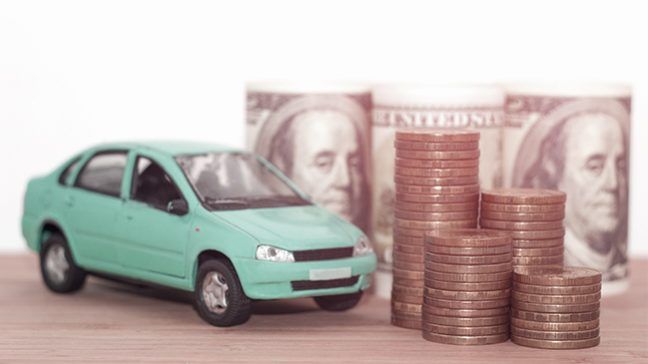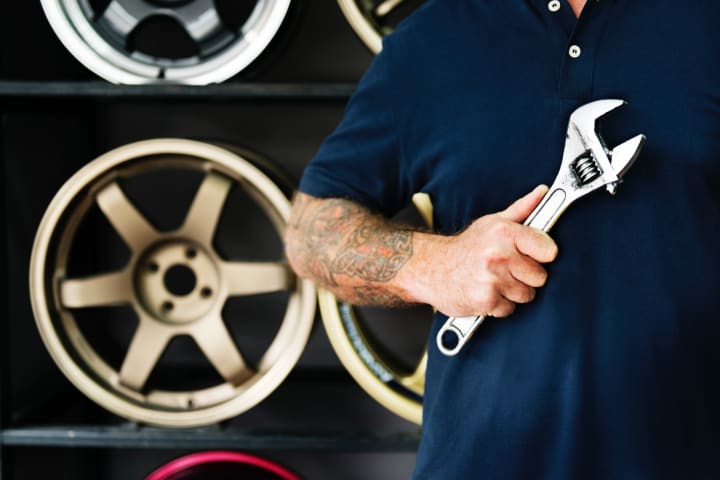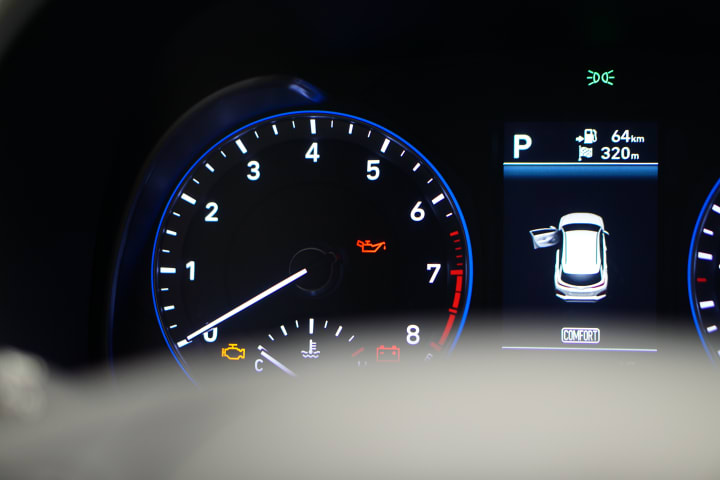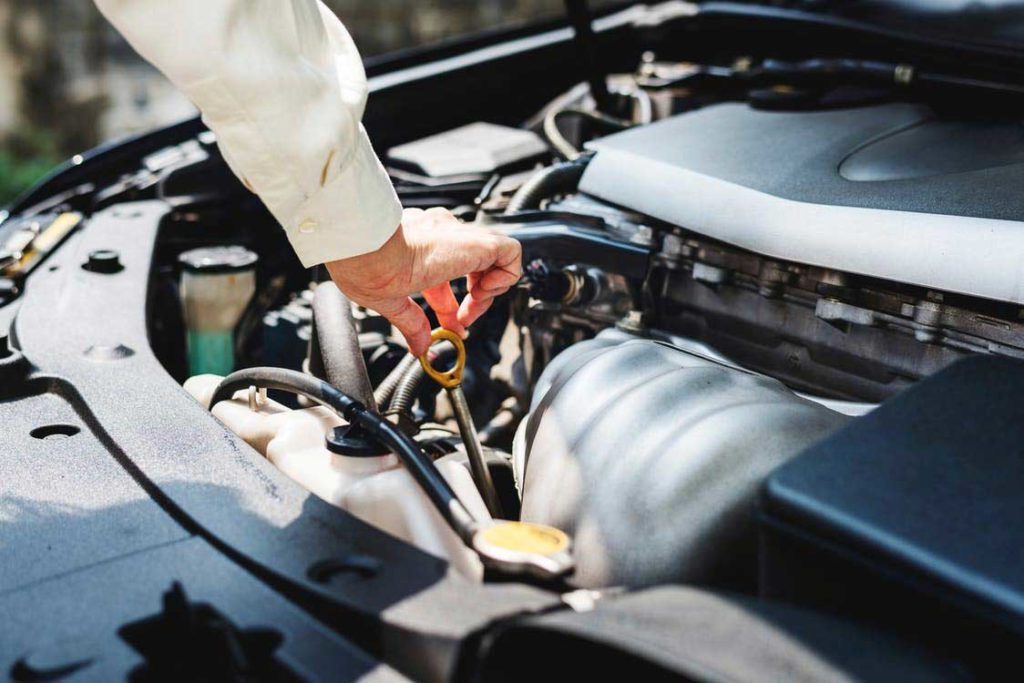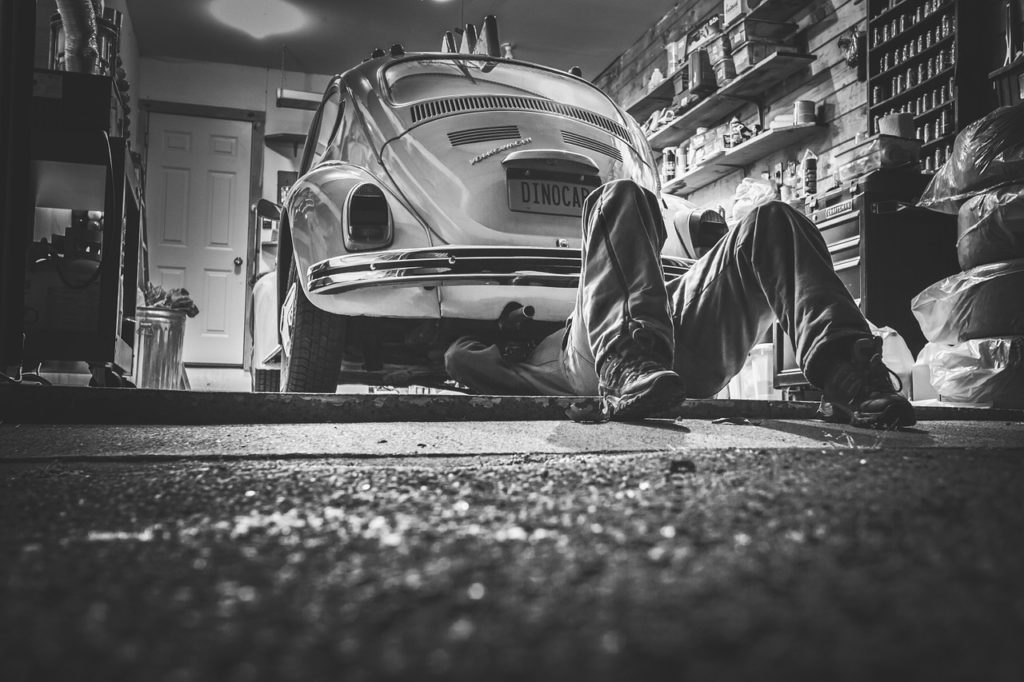What Is a Seized Engine ?
Seized engine moments are perhaps one of the lowest points for a driver. It’s very annoying when a vehicle’s ignition cranks, the fuel tank is full, and the spark plugs are new, yet the car cannot start. This behaviour is typical with seized engines.
Engines are said to be seized or locked when mechanical failures lock down the crankshaft from rotating on the bearings in response to piston movement. The locking of internal components, such as the piston getting stuck to the cylinder walls, piston rod bearings malfunctioning, and crankshaft breaking, are some of the primary causes of crankshaft lock down.
Seized engines are a nightmare as it usually means replacing costly parts or worse the replacing the engine entirely.
Causes of seized engines
An engine can jam due to several reasons that include:
- Inadequate engine lubrication – the starvation of lubricant causes moving engine parts to start grinding, and friction builds up. The friction emits heat that causes engine parts to expand. The expansion reduces the clearance between the moving part and may eventually constrict the movement when the pieces start grinding. The excessive heat may also melt and amalgamate or weld the parts together, locking down the engine. Continued grinding also causes the parts to wear out and eventually malfunctions and gets stuck. For example, the piston head and the cylinder sleeves may wear out, eventually causing the piston to stall.
- Rust – when a vehicle is unused for long, rusting of the engine parts may occur. When sensitive parts such as piston sleeves or the piston and crankshaft bearings rust, their movement is restrained, and the engine seizes.
- Bending of the engine parts – with usage, some of the vehicle parts may bow to pressure. When parts such as the piston rod or the crankshaft crook out of alignment, they may cause jamming and lock the crankshaft.
- Damaged piston or crankshaft bearings – the bearings play a significant role in facilitating smooth movement of the piston and the crankshaft. When the bearings are damaged, this movement is cramped and may lock down even the entire system, seizing the engine.
- Broken crankshaft – although rare, crankshafts at times develop cracks and eventually break. The broken crankshafts jam the pistons against the piston sleeve, stalling the whole engine.
- Excessive heating in the engine – heat may not necessarily come from friction due to lubricant starvation. Sometimes lack of coolant, continuously overworking the engine beyond its designed capacity, poor carburettor jetting or poor ignition timing may cause excessive heating. This excessive heating causes the oil to overheat, lowering its lubrication properties and eventually leading to metal-to-metal wear that seizes the engine.
- Accumulation of water in the engine – water may accidentally find its way into the engine. Since water is not compressible like gasoline and does not ignite readily, it causes the engine to seize up.
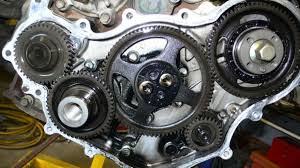
Symptoms of a Bad Starter
The starter in your vehicle is a crucial part of the ignition system. As its name indicates, the starter in your Volkswagen is responsible for starting the engine. In order for it to start, the engine has to be turning quickly so that it can create combustion. The starter is an electric motor that turns the engine over when you turn the key or push the ignition button. When you do this, a relay connects a strong electric current between the battery and starter solenoid. That allows the pinion gear of the starter to connect with the flywheel, which is connected to the crankshaft. When the starter motor turns the flywheel, the rest of the engine will rotate so that combustion takes place in the cylinders and the engine runs on its own.
If the starter is damaged in any way, the chances of the engine turning over and starting aren’t good. But there are other things that could cause this problem as well, from a dead battery to a bad alternator. How do you know if the starter is to blame? These symptoms can give you a good idea, but ultimately it’s best to have the experts take a look.
Your Engine Doesn’t Turn Over, But Electrical Accessories Work
In general, if your engine is turning over but still not starting, it’s not likely to be a problem with the starter. The noise that you hear when your engine cranks means that the starter is doing its job, but there’s a problem elsewhere. But if you’re met with no noise, it may be that the starter solenoid or relay is broken, and is not sending the current through. There are many reasons that an engine might not turn over, and not all of them are related to the starter. A dead battery, for example, could also cause the car not to start. To make sure that the battery isn’t the issue, turn on electric systems in your vehicle like the radio, the headlights, the A/C. If they’re weak or don’t turn on at all, or if they dim when you turn the key, the problem may be with the battery and not the starter.
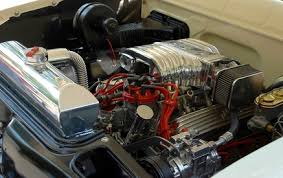
You Hear a Whirring, Grinding, or Squealing Sound from the Engine
If you hear either a gentle whirring or an irritating screeching sound coming from under the hood when you turn the key, it’s likely that a bad solenoid is causing freewheeling. A freewheeling starter motor is one where the pinion gear isn’t able to connect to the flywheel. This means that the pinion gear is spinning (producing that whirring sound), but the lack of connection keeps the engine from doing the same. And if you hear a grinding noise, it may be that the gear is making some connection to the flywheel, but not the right kind of connection.
You Hear a Clicking Noise
This is a tricky one, because a clicking noise might not necessarily be caused by a bad starter. In fact, clicking when you turn the ignition key is often caused by loose battery terminals or a weak battery. However, it could also be due to the starter relay or solenoid not getting enough power. If the starter relay has been damaged and isn’t sending enough current, the sound it makes can be just like the clicking you hear from a dead battery.
You See Smoke
Smoke coming from your vehicle is never a good sign. In order to turn your engine as quickly as it does, the starter needs to use a good amount of electricity. Still, it has a limit as to how much it can handle, and going over that limit could cause the part to start smoking. Though it could be caused by an electrical short in the starter, it’s also possible for this to happen when using the starter too long. Instead of constantly cranking the engine, which could cause the starter to start smoking, wait a few minutes between tries.
The Starter Won’t Stop
The starter is supposed to run only when you’re starting the engine. It’s right there in the name, after all. Once the engine is started and you stop turning the key or pressing the button, the starter will disengage from the flywheel until you next turn on your vehicle. Or that’s how it’s meant to be, anyway. While most of the starter problems we’ve discussed lead to a starter that won’t activate, the opposite can also happen. If a starter stays on, the entire starter and the flywheel could suffer massive damage and need to be replaced. If this happens to you, turn off your car immediately and have it towed to an authorized service center.
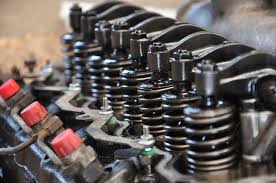
Tapping the Starter Helps
This last one is just as much a tip as it is a symptom. If you suspect that the starter is at fault, grab a hammer (or another heavy object made of metal, like the tire iron in your trunk or a quality wrench). Open the hood and locate the starter–and make sure that it’s actually the starter! Then, tap the starter with the hammer or other tool. It’s important that you tap relatively gently, rather than whacking the starter. Hitting it too hard could damage the starter and make your current problem even worse.
There are a few important things to note. The first is that not all starter problems can be resolved by using this technique. If you hit the starter and nothing happens, it could still be a starter problem. The second thing to note is that this is just a temporary fix. If it works, you should take the opportunity to drive to the dealership to get the starter tested and replaced if necessary.
How do I know if my tractor engine is seized?
People also ask, what are the signs of a seized engine?
Seized Engine Symptoms
The most prominent seized engine sign is complete engine failure, i.e., no matter how much you try, the engine will not start.
On cranking, loud clunking sounds can be heard from a seized engine, due to the stater hitting the flywheel.
Also, will a seized engine turn over? A seized engine means the electronics in your vehicle may still work (i.e. the radio, A/C, etc.) but the engine itself will not turn over. Instead, you may hear a knocking or clunking sound.
Also know, how do you unstick a tractor engine?
While there are a few different methods for freeing a stuck (or seized) engine, here’s our favorite. First, pour a high-quality penetrating oil down the cylinders (through the spark plug holes). Use up the entire can, dividing it between each cylinder. Let it sit overnight.
What will cause an engine to seize?
An seize is usually caused by overheating leading to the pistons exerting sufficient friction on the piston walls that the engine stalls. Things expand when hot. Pistons expand when hot. Often when an engine has seized, the heat and pressure of the pistons against the cylinder walls fuses them together, like a weld.
